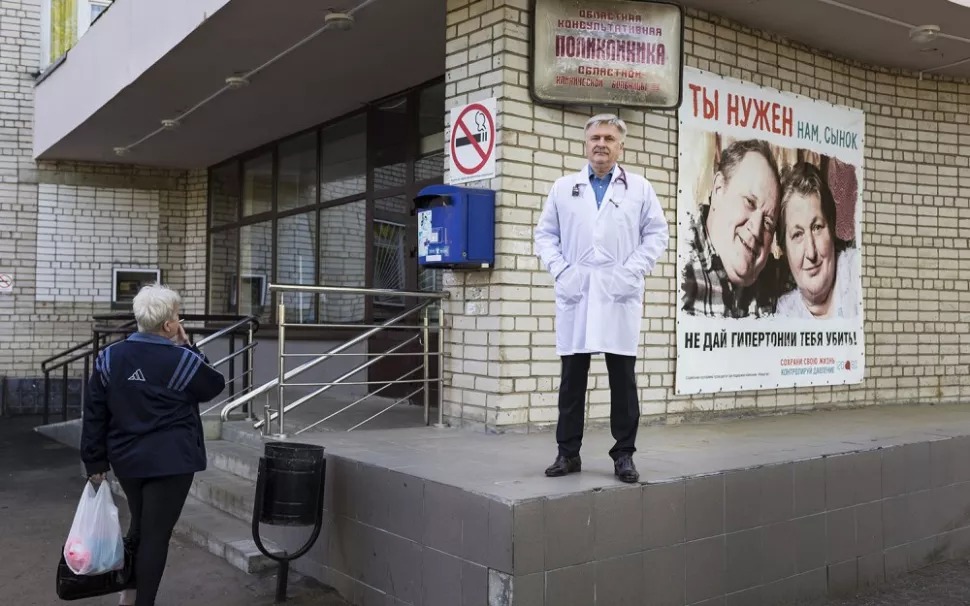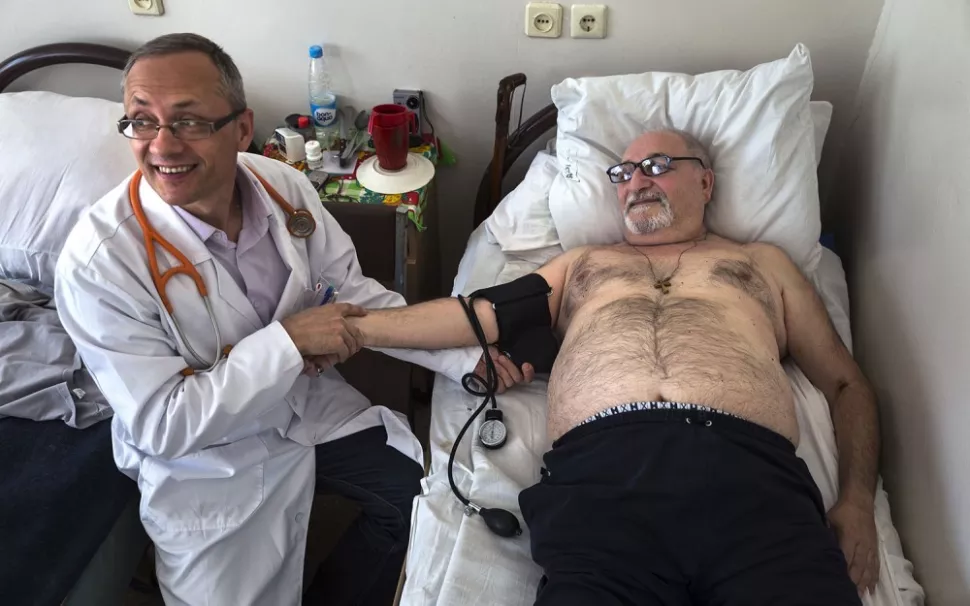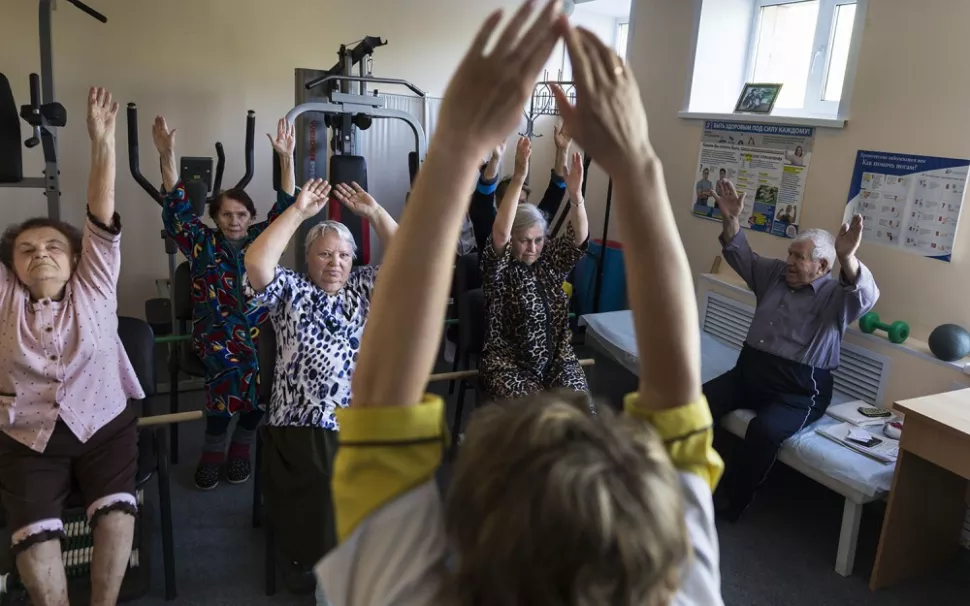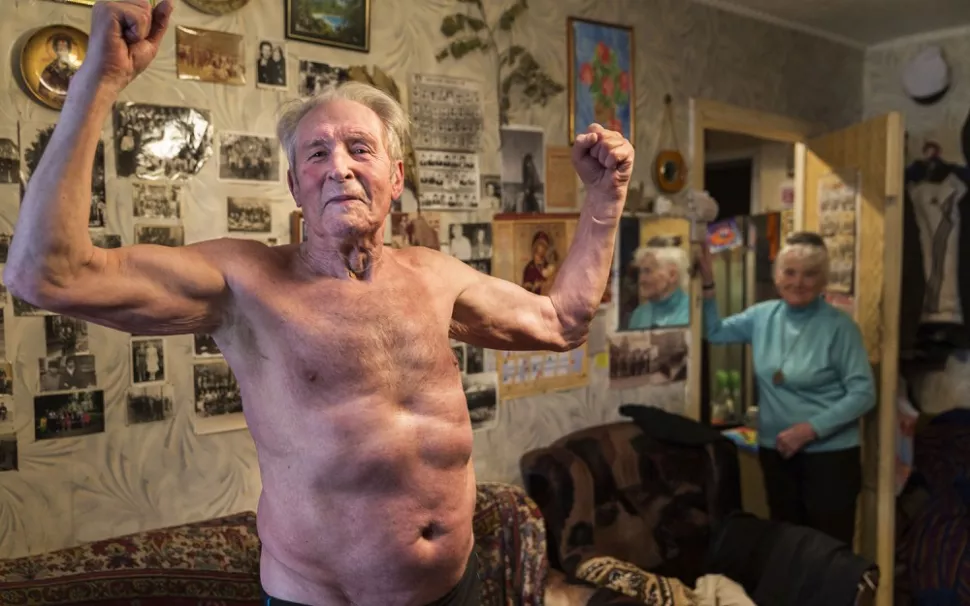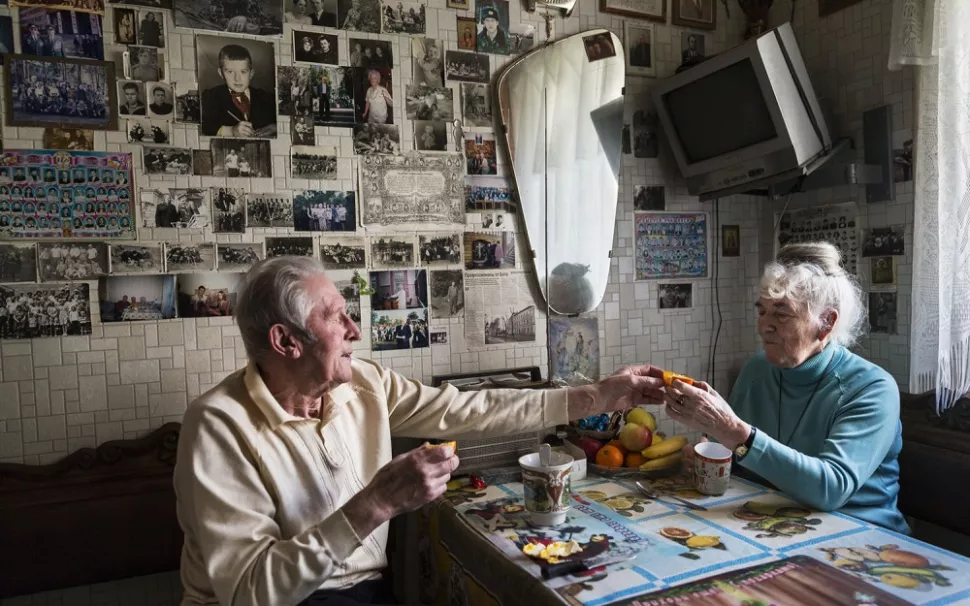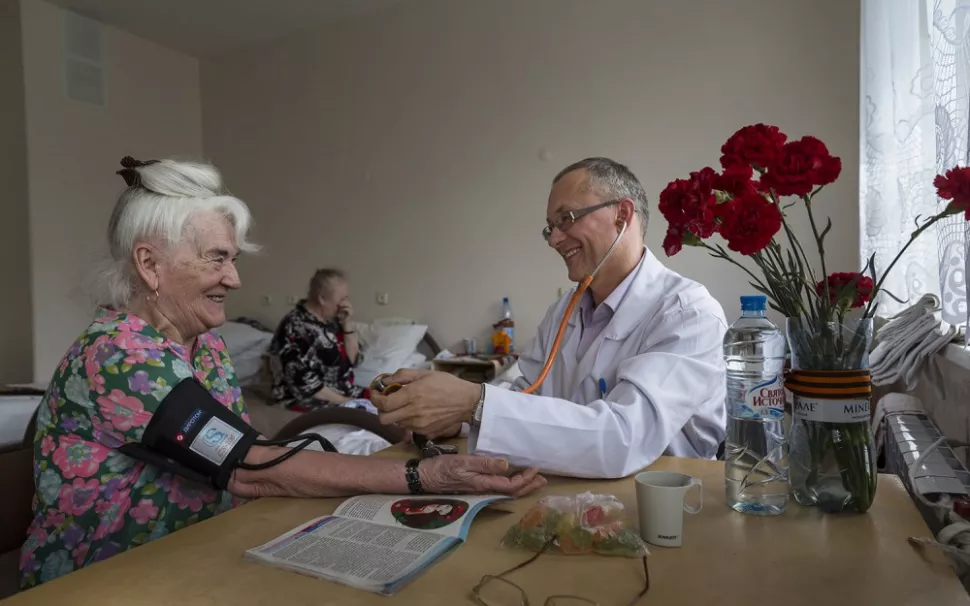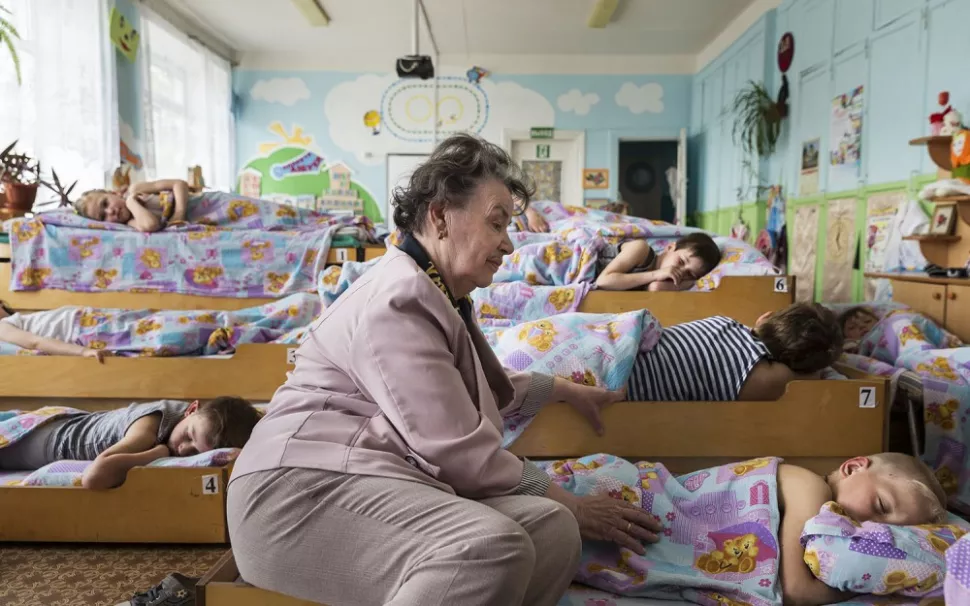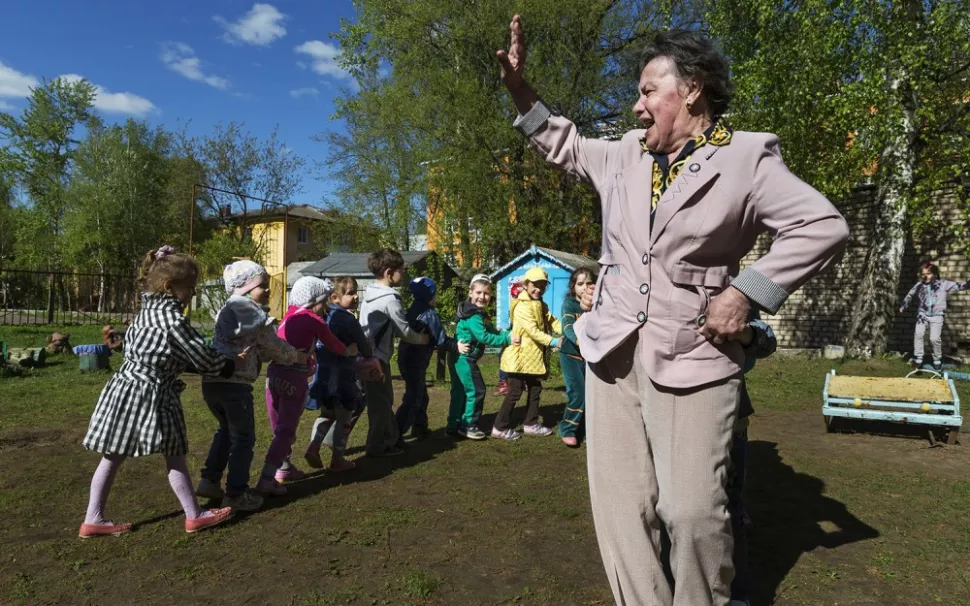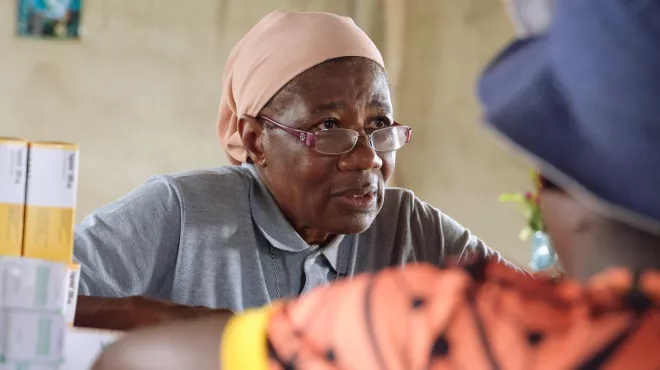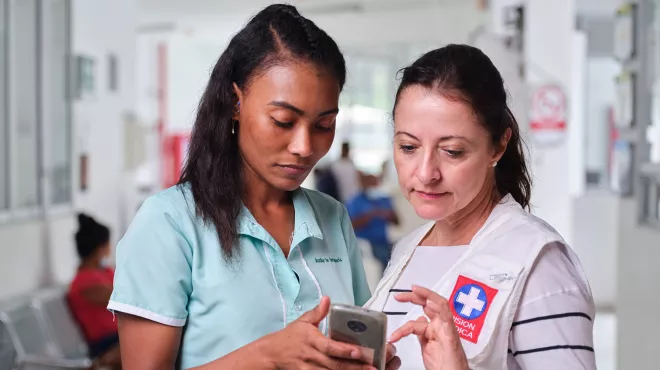Tamara Yachmentseva had planned a long, happy retirement with her husband. But it was not to be. Shortly after he stopped working he suffered a devastating stroke and passed away, leaving the former kindergarten teacher widowed and alone. Distraught, Tamara’s health declined until she suffered a major heart attack.
She could have become a statistic, yet another Russian pensioner to succumb to high blood pressure and cardiac problems. Fortunately, she enrolled in a hypertension program at a healthcare facility near her home in Konstantinovskiy that she credits with helping her turn her life around. Today, Yachmentseva is one of thousands in the Yaroslavl region of Russia to benefit from an innovative collaboration between the local health authority and Novartis, aimed at addressing the high death rate from stroke and heart disease.
The program, launched in 2011, changed how healthcare is delivered in the region. Since the start of the program, deaths from strokes in the region have been reduced by 27% and from heart attacks by 12%. Hospitalization of hypertension patients fell 16%.
“There are thousands of people still walking around out there today who would otherwise have died,” says Dr Sergey Eregin, chief cardiologist for the Yaroslavl region who has overseen the program since its inception. “These are really impressive figures.”

